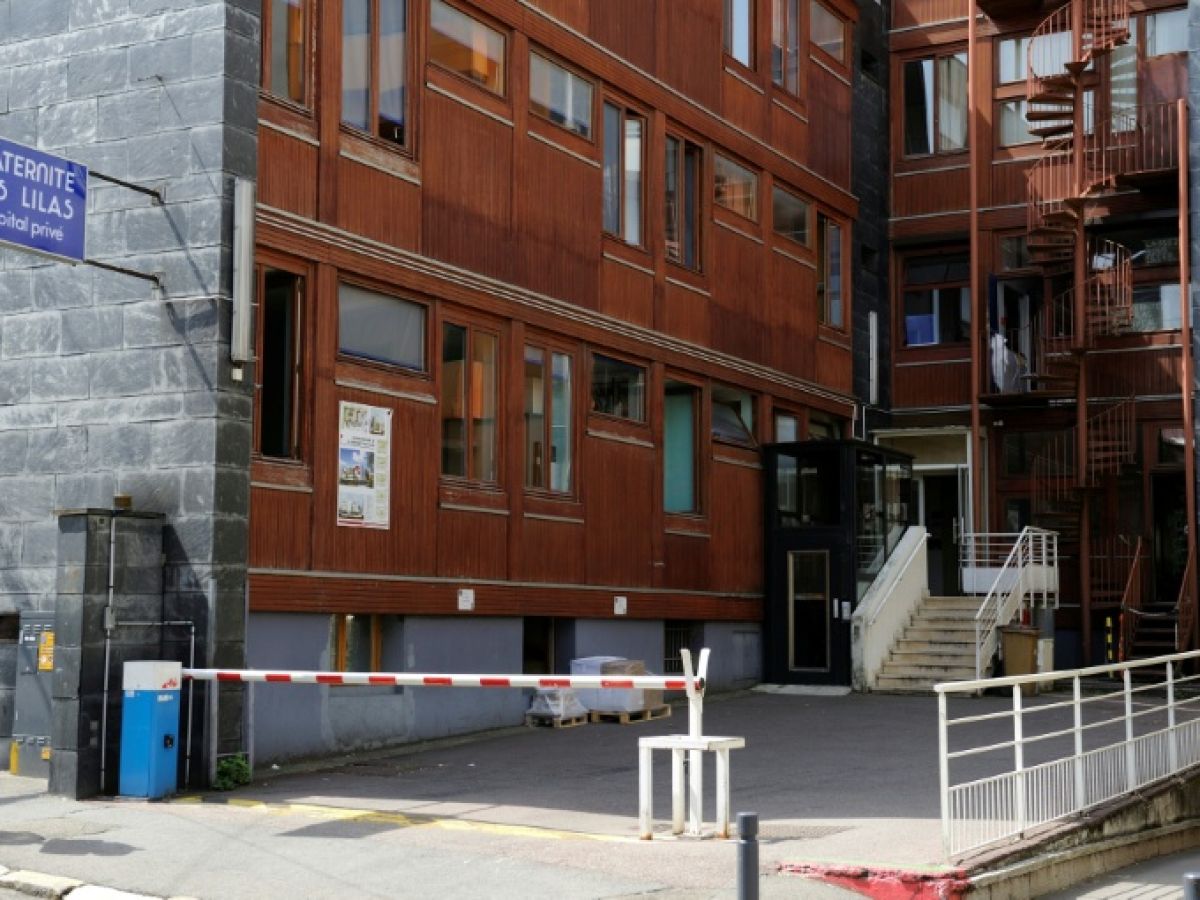It has accompanied thousands of women over several generations, in pregnancy and childbirth: after 60 years of activity, the Lilas maternity hospital (Seine-Saint-Denis) is closing its doors for financial reasons on Friday at 8:00 PM, causing sadness and dismay among patients and staff.
No banners are hung on the tall wooden facade. The website still offers appointments for pregnancy consultations. "A denial of reality," confides Angélique Kuipers, 30, a midwife in Les Lilas for the past five and a half years.
Founded in 1964, the small, committed clinic was one of the first in France to practice "painless childbirth" methods from the USSR and to campaign for the legalization of abortion before the Veil law of 1975.
"She was the mother of feminism," says Chantal Birman, 75, who arrived as a midwife in 1970 at the maternity ward "where the '68 atmosphere was crazy." "Les Lilas is a human miracle," says the now-retired woman, after 49 years at the clinic.
A haven far removed from the anonymous rooms and corridors of large hospitals.
Rosie Clear, mother of two-and-a-half-month-old Alma, had initially chosen Tenon Hospital, part of the AP-HP (Paris Public Hospitals), very close to her home, to give birth. "But I didn't like it at all. It was very crowded, noisy, big, and poorly organized." The British woman, an English teacher in Paris, then heard about Les Lilas and "its more human scale."
"Over there, you don't feel like you're in a hospital," recalls Claire Poisson, 57, a teacher in Paris.
– “The woman at the heart of everything” –
This is precisely why Laure Brassart, 41, chose the clinic three years ago. "I had just come out of a long, very medicalized IVF (in vitro fertilization) process and I wanted a physiological and natural approach."
Because motherhood was founded on a credo: the right of women to freely dispose of their bodies in the most natural way possible.

Upon entering the clinic, one's gaze falls upon portraits of inspiring women hanging on the walls, messages like mantras, glorifying woman, mother and also the one who chooses not to become one.
“Over there, the woman is at the heart of everything,” confirms Chantal Birman. “And what’s important for us is that she gives birth the way she wants. On her back, on her side, standing up, on all fours, in the water, with or without an epidural. It’s her decision,” explains the former midwife, while specifying that these choices are validated in consultation with the medical team.
Healthcare professionals who work closely with expectant mothers. "It's a relationship of mutual trust, on equal footing, thanks in particular to the use of first names and the informal address," insists Angélique Kuipers.
Sophie Guenet, a 46-year-old journalist in Paris, fondly remembers the close support she received from the team when she had her daughter 13 years ago. She also recalls the support she received a few years later after a miscarriage: "I was supported with gentleness and a great deal of compassion."
The clinic, which has 19 rooms, four delivery rooms, and an abortion center, had been on the brink of closure for years, plagued by financial difficulties. Saved several times, it will now close permanently, as the French National Health Agency (ARS) has withdrawn its accreditation.
"It's true that the buildings are old. I remember thinking to myself, 'This is really not luxurious,' but that's precisely not why we choose Les Lilas," explains Rosie Clear.
"Health, motherhood, the life of a mother or a newborn will never be profitable," laments Tita Szalewa, a 28-year-old midwife.
"The leading cause of death for women in France during the perinatal period is suicide. But maternity wards like ours, which focused on patient care and not just the medical aspect, are being closed down," adds her colleague Chloé Virefleau.
“My mother gave birth to my brother at Les Lilas in 1973, I had my three children there, and my daughter gave birth there in July. It’s a family story!” smiles Claire Poisson. “Unfortunately, it ends there,” concludes the young grandmother.

